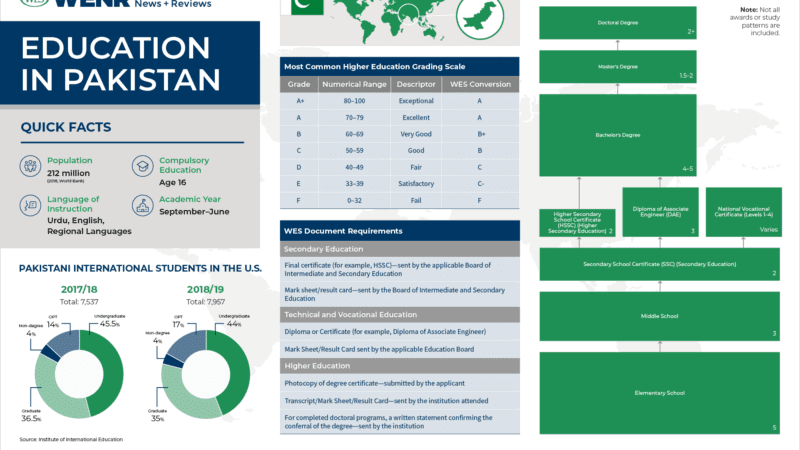3 Telltale Signs of Poor Leadership Skills

In any organization, leadership plays a pivotal role in driving success and fostering a positive work culture. Effective leaders inspire their teams, encourage collaboration, and navigate challenges with finesse. However, identifying individuals with poor leadership skills is equally important to mitigate potential risks and maintain productivity. Here are three telltale signs that quickly identify someone with bad leadership skills:
1. Lack of Communication:
One of the most glaring indicators of poor leadership is a lack of effective communication. Leaders who fail to communicate clearly and consistently with their team members often create confusion, misunderstandings, and a sense of disconnection. They may withhold important information, fail to provide feedback, or neglect to articulate expectations, leading to frustration and decreased morale among employees.
Moreover, ineffective communication can result in missed deadlines, errors, and decreased productivity. When leaders are unable to convey their vision, goals, and strategies effectively, it hampers the team’s ability to align and work towards common objectives. Additionally, poor communication can breed resentment and distrust among team members, further eroding morale and cohesion.
2. Micromanagement:
Micromanagement is a common pitfall of ineffective leadership and is characterized by excessive control, scrutiny, and intervention in the work of subordinates. Leaders who micromanage tend to be overly focused on minor details, second-guess their team members’ decisions, and are reluctant to delegate tasks or empower others. This behavior not only stifles creativity and autonomy but also undermines employees’ confidence and motivation.
Furthermore, micromanagement breeds a culture of dependency and undermines trust within the team. When employees feel constantly monitored and scrutinized, it hampers their ability to take initiative, innovate, and take ownership of their work. As a result, productivity suffers, and talented employees may become disengaged or seek opportunities elsewhere, ultimately impacting the organization’s performance and reputation.
3. Resistance to Feedback:
Effective leaders understand the importance of continuous improvement and are open to receiving feedback from their team members. However, individuals with poor leadership skills often exhibit a resistance to feedback, whether it be constructive criticism or suggestions for improvement. They may become defensive, dismissive, or even hostile when confronted with differing perspectives or areas for growth.
This resistance to feedback not only impedes personal development but also hampers the team’s ability to address issues and adapt to changing circumstances. Without a culture of open communication and feedback, problems may go unresolved, and opportunities for improvement may be missed. Moreover, leaders who are unwilling to acknowledge their shortcomings or seek input from others risk alienating their team members and hindering collaboration and innovation. 1
In conclusion, identifying individuals with poor leadership skills is essential for maintaining a healthy work environment and driving organizational success. By recognizing the signs of ineffective leadership, such as lack of communication, micromanagement, and resistance to feedback, organizations can take proactive steps to address these issues and cultivate strong, capable leaders who inspire and empower their teams.





